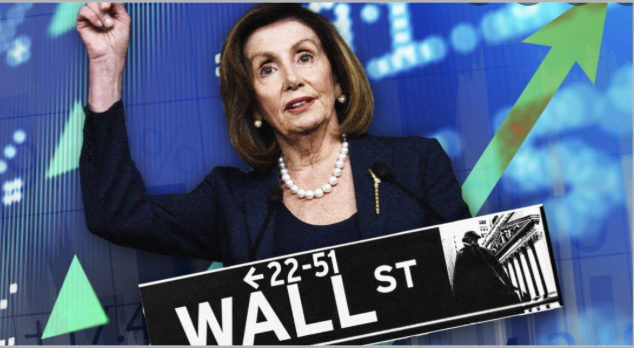Seeking out great stocks to buy is important, but identifying quality investments is only half the battle. Many would say it’s even more essential for investors to know which stocks to steer clear of. A losing stock can eat away at your precious long-term returns. So, figuring out which stocks to trim or get rid of is essential for proper portfolio maintenance.
Even the best gardens need pruning, and our team has spotted a few stocks that seem like prime candidates for selling or avoiding. Continue reading to find out which three stocks our team is staying away from this week.
Carvana (CVNA)
Used car prices skyrocketed coming out of the pandemic. However, it looks like the used car market is entering a correction, with some analysts calling for an impending collapse. The Manheim Used Vehicle Value Index showed that used car prices sank 14.9% year-over-year in December 2022, the most significant annualized price decline in the 26-year history of that index.
Due to the steep decline in used car prices, Carvana (CVNA) stock has lost 95% of its value over the last 12 months. The company’s profit per vehicle was lower by 25% in 2022. Meanwhile, its total debt is $9.25 billion, with only $650 million of cash on hand. There have also been confirmed media reports that the company’s creditors have signed an agreement on handling negotiations with Carvana if it goes bankrupt. That’s not a good sign.
[stock_market_widget type=”accordion” template=”extended” color=”#5679FF” assets=”CVNA” start_expanded=”true” display_currency_symbol=”true” api=”yf”]
Intel Corporation (INTC)
Chipmaker, Intel announced Wednesday that it would cut its quarterly dividend by more than 65%, from 36.5 cents to 12.5 cents. The company also reaffirmed its recently issued outlook for the first quarter of 2023. Intel guided to a 15-cent non-GAAP loss per share but didn’t provide full-year guidance, citing economic uncertainty. Analysts expected free cash flow to run negative for 2023 and 2024, with Intel paying out about $6 billion a year for common-stock dividends.
[stock_market_widget type=”accordion” template=”extended” color=”#5679FF” assets=”INTC” start_expanded=”true” display_currency_symbol=”true” api=”yf”]
JetBlue (JBLU)
With airline stocks currently trading at extremely low multiples, value seekers may be eyeing the group, wondering which ticker is the better buy. Some airlines will be more suitably positioned to withstand a slowing economy and possible recession, while JetBlue does not seem well-equipped for further negative impact. Anyone considering JBLU at less than eight times earnings would do better to consider a more stable name.
[stock_market_widget type=”accordion” template=”extended” color=”#5679FF” assets=”JBLU” start_expanded=”true” display_currency_symbol=”true” api=”yf”]
You might also like:
- Bank bailout a cover-up for a far worse plot?
- Surprising twist gives Biden landslide election win?
- The Two Men Destroying America
- “Future Fuel” will unleash $11 trillion wave of wealth
- This “peeing car” is at the center of an $11.7 trillion energy revolution
- The End Of The US Dollar
- Get Your Money Out of U.S. Banks Immediatley






















 and then
and then